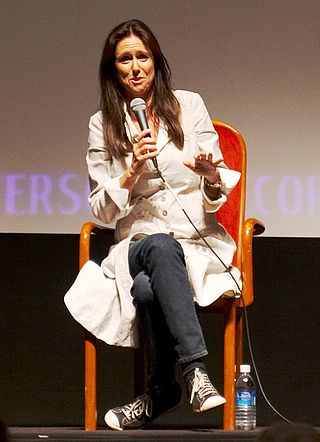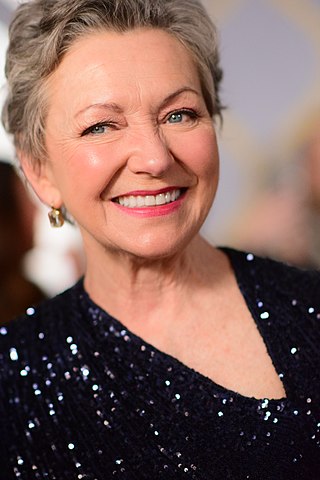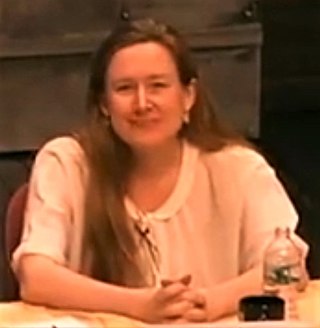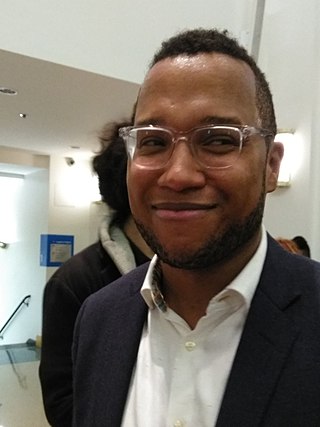
Nathan Lane is an American actor. Since 1975, he has been seen on stage and screen in both comedic and dramatic roles. Lane has received numerous awards, including three Tony Awards, six Drama Desk Awards, two Obie Awards, the Olivier Award, three Emmy Awards, and a Screen Actors Guild Award. Lane received a star on the Hollywood Walk of Fame in 2006 and was inducted into the American Theater Hall of Fame in 2008. In 2010, The New York Times hailed Lane as "the greatest stage entertainer of the decade".

Julie Taymor is an American director and writer of theater, opera, and film. Her stage adaptation of The Lion King debuted in 1997 and received eleven Tony Award nominations, with Taymor receiving Tony Awards for her direction and costume design. Her 2002 film Frida, about Mexican artist Frida Kahlo, was nominated for five Academy Awards, including a Best Original Song nomination for Taymor's composition "Burn It Blue." She also directed the 2007 jukebox musical film Across the Universe, based on the music of the Beatles.

Suzan-Lori Parks is an American playwright, screenwriter, musician and novelist. Her play Topdog/Underdog won the Pulitzer Prize for Drama in 2002; Parks was the first African-American woman to receive the award for drama. She was named one of the 100 most influential people in the world by Time magazine in 2023.

Indira Anne Varma is a British actress and narrator. Her film debut and first major role was in Kama Sutra: A Tale of Love. She is known for her television roles, such as playing Niobe in the BBC and HBO series Rome (2005-07), Suzie Costello in the BBC series Torchwood (2006), Zoe Luther in the BBC series Luther (2010), Ilsa Pucci in Human Target (2010-11), and Ellaria Sand in the HBO series Game of Thrones (2014–2017). In September 2016 she began starring in the ITV/Netflix series Paranoid as DS Nina Suresh.

Julie K. White is an American actress. She won the Tony Award for Best Actress in a Play for her performance in The Little Dog Laughed in 2007. She has also received three other Tony Award nominations for her performances in Airline Highway in 2013, Gary: A Sequel to Titus Andronicus in 2019 and POTUS: Or, Behind Every Great Dumbass Are Seven Women Trying to Keep Him Alive in 2022. She played Sam Witwicky's mother in Transformers film series (2007-2011).

Sarah Ruhl is an American playwright, poet, professor, and essayist. Among her most popular plays are Eurydice (2003), The Clean House (2004), and In the Next Room (2009). She has been the recipient of a MacArthur Fellowship and the PEN/Laura Pels International Foundation for Theater Award for a distinguished American playwright in mid-career. Two of her plays have been finalists for the Pulitzer Prize for Drama and she received a nomination for Tony Award for Best Play. In 2020, she adapted her play Eurydice into the libretto for Matthew Aucoin's opera of the same name. Eurydice was nominated for Best Opera Recording at the 2023 Grammy Awards.

Lynn Nottage is an American playwright whose work often focuses on the experience of working-class people, particularly working-class people who are Black. She has received the Pulitzer Prize for Drama twice: in 2009 for her play Ruined, and in 2017 for her play Sweat. She was the first woman to have won the Pulitzer Prize for Drama two times.

Tracy S. Letts is an American actor, playwright, and screenwriter. He started his career at the Steppenwolf Theatre before making his Broadway debut as a playwright for August: Osage County (2007), for which he received the Pulitzer Prize for Drama and the Tony Award for Best Play. As an actor, he won the Tony Award for Best Actor in a Play for the Broadway revival of Who's Afraid of Virginia Woolf? (2013).
Christopher Shinn is an American playwright. His play Dying City (2006) was a finalist for the 2008 Pulitzer Prize for Drama, and Where Do We Live (2004) won the 2005 Obie Award, Playwriting.

Bruce Norris is an American character actor and playwright associated with the Steppenwolf Theatre Company of Chicago. His play Clybourne Park won the 2011 Pulitzer Prize for Drama.

Annie Baker is an American playwright and teacher who won the 2014 Pulitzer Prize for her play The Flick. Among her works are the Shirley, Vermont plays, which take place in the fictional town of Shirley: Circle Mirror Transformation, Nocturama, Body Awareness, and The Aliens. She was named a MacArthur Fellow in 2017.

Thomas Robert Kitt is an American composer, conductor, orchestrator, and musician. For his score for the musical Next to Normal, he shared the 2010 Pulitzer Prize for Drama with Brian Yorkey. He has also won two Tony Awards and an Outer Critics Circle Award for Next to Normal, as well as Tony and Outer Critics Circle nominations for If/Then and SpongeBob SquarePants. He has been nominated for eight Drama Desk Awards, winning one, and a Grammy Award for Best Musical Theater Album for Jagged Little Pill in 2021.
Pam MacKinnon is an American theatre director. She has directed for the stage Off-Broadway, on Broadway and in regional theatre. She won the Obie Award for Directing and received a Tony Award nomination, Best Director, for her work on Clybourne Park. In 2013 she received the Tony Award for Best Direction of a Play for a revival of Who's Afraid of Virginia Woolf? She was named artistic director of American Conservatory Theater in San Francisco, California on January 23, 2018.
The Flick is a play by Annie Baker that received the 2014 Pulitzer Prize for Drama and won the 2013 Obie Award for Playwriting. The Flick premiered Off-Broadway at Playwrights Horizons in 2013.

Branden Jacobs-Jenkins is an American playwright. He won the 2014 Obie Award for Best New American Play for his plays Appropriate and An Octoroon. His plays Gloria and Everybody were finalists for the 2016 and 2018 Pulitzer Prize for Drama, respectively. He was named a MacArthur Fellow for 2016.

William Fitzgerald Harper, known professionally as William Jackson Harper, is an American actor and playwright. He gained acclaim for his role as Chidi Anagonye in the NBC comedy series The Good Place (2016–2020), for which he was nominated for the Primetime Emmy Award for Outstanding Supporting Actor in a Comedy Series.
Darko Tresnjak is a director of plays, musicals, and opera, and winner of several awards, including the Tony Award. He was the artistic director of the Hartford Stage in Connecticut, United States.

Martyna Majok is a Polish-born American playwright who received the 2018 Pulitzer Prize for Drama for her play Cost of Living. She emigrated to the United States as a child and grew up in New Jersey. Majok studied playwriting at the Yale School of Drama and Juilliard School. Her plays are often politically engaged, feature dark humor, and experiment with structure and time.
Gary: A Sequel to Titus Andronicus is a play written by Taylor Mac. The play is set in the aftermath of William Shakespeare's Titus Andronicus. The play premiered on Broadway in April 2019 starring Nathan Lane and received seven Tony Award nominations.
A 24-Decade History of Popular Music is a musical and performance art work by American actor, playwright, and cabaret performer Taylor Mac. Premiered in full in 2016, the musical uses mainly pre-existing songs popular throughout the history of the United States to examine and reframe American history through the experiences of marginalized communities. Mac says that "A 24-Decade History of Popular Music is a reenactment of how the individual(s) may lose the long game but communities and movements, if continually brought together, have the potential to thrive while bending towards justice." Presented in eight acts and featuring 246 songs, the production is intended to last twenty-four hours when performed to completion.















